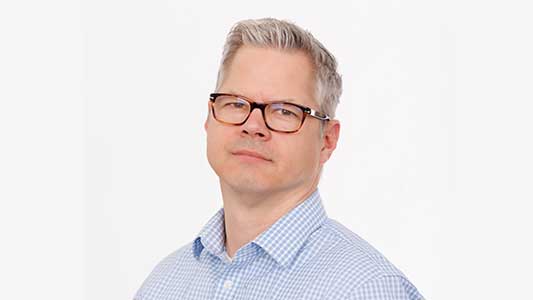Leading global technology solutions provider Avnet announced that Christian Peterson, Senior Supply Chain Solutions Architect, Avnet Velocity® has been recognized as one of Supply & Demand Chain Executive’s 2023 Pros to Know.
Peterson began his supply chain career as a Supply Corps officer in the U.S. Navy, and later held roles in logistics planning and import/export compliance. Since joining Avnet in 2012, Peterson has leveraged his broad experience and creative problem-solving expertise to architect innovative end-to-end supply chain models that enable Avnet customers – from startups to the world’s most influential global brands – to penetrate new markets, mitigate disruption risk, capitalize on emerging technology trends and deliver exceptional customer experience.
“Having honorably served in the U.S. Navy for 10 years prior to joining Avnet, Christian brings the core values of his service, including teamwork, mission focus and a drive to give 100 percent to his work every day,” said David Paulson, Global Vice President of Avnet United and Avnet Velocity. “Christian is a valued member of our team, and we are proud to see him recognized on this list of distinguished supply chain professionals.”
The annual Pros to Know award recognizes outstanding executives whose accomplishments offer a roadmap for other leaders looking to leverage supply chain for competitive advantage.
“This year’s list is filled with supply chain professionals whose achievements and success stories have helped move the needle in the supply chain. They promote safety, sustainability and workforce development. They work toward helping heal the supply chain. They’re actually in the supply chain,” says Marina Mayer, Editor-in-Chief of Supply & Demand Chain Executive and Food Logistics. “We received close to 400 nominations this year, the highest number of nominations ever for this award. It’s proof that today’s supply chain professionals are doing great things for the supply chain. They embody what a true leader should be. And, without their initiatives, programs and collaborative efforts, today’s supply chains would be in worse shape.”












